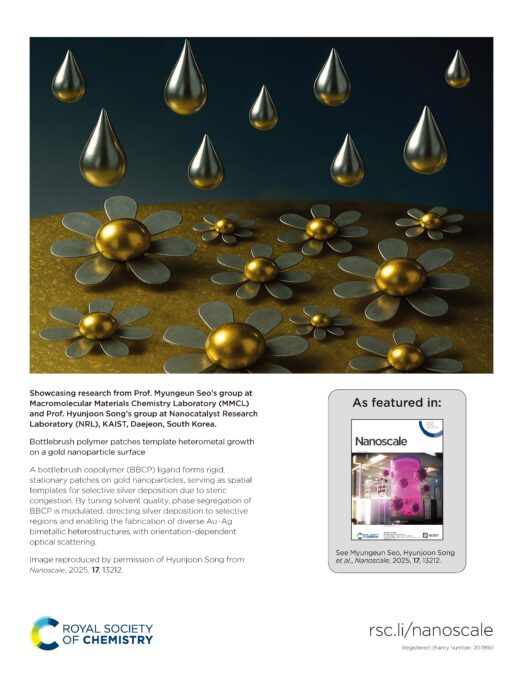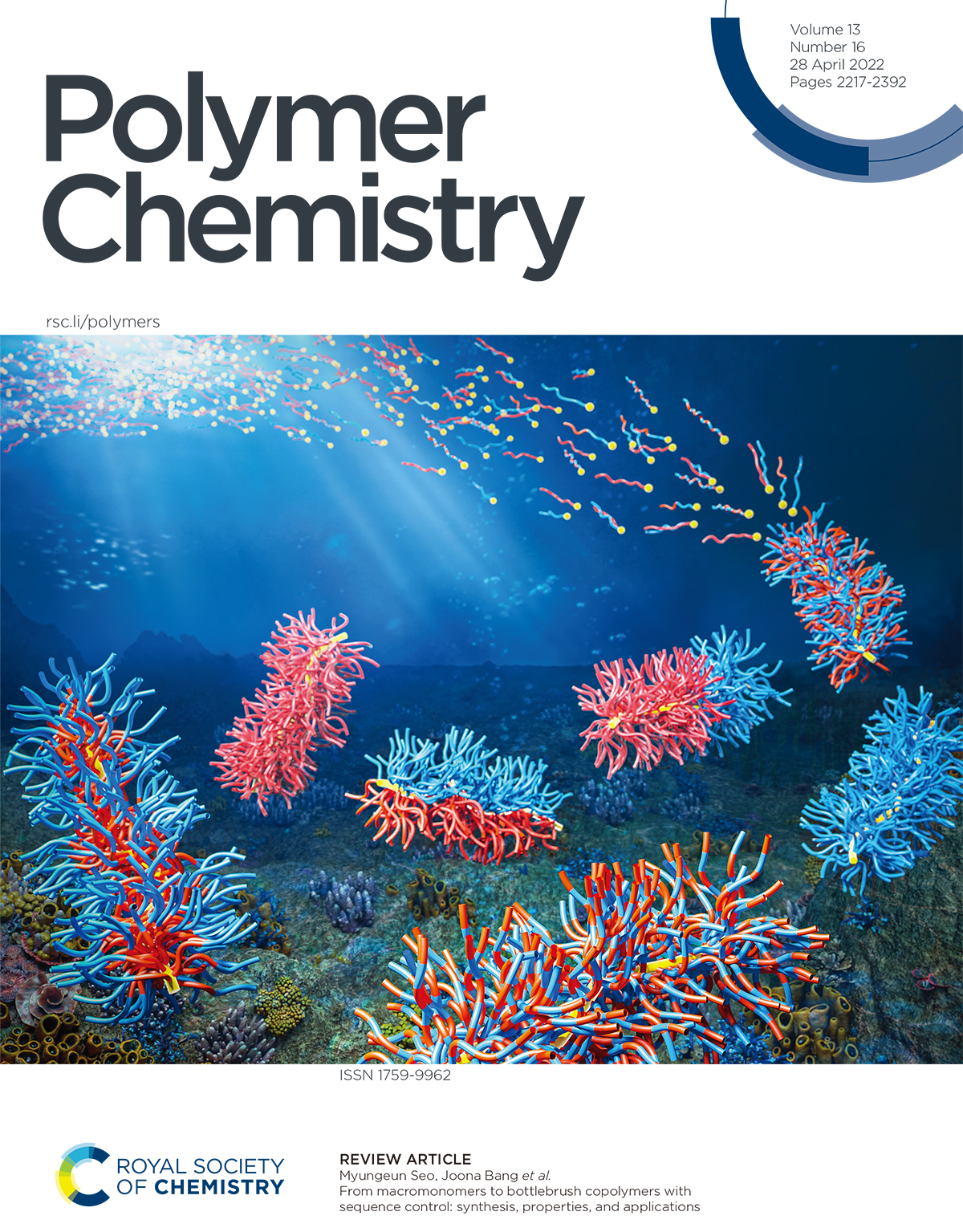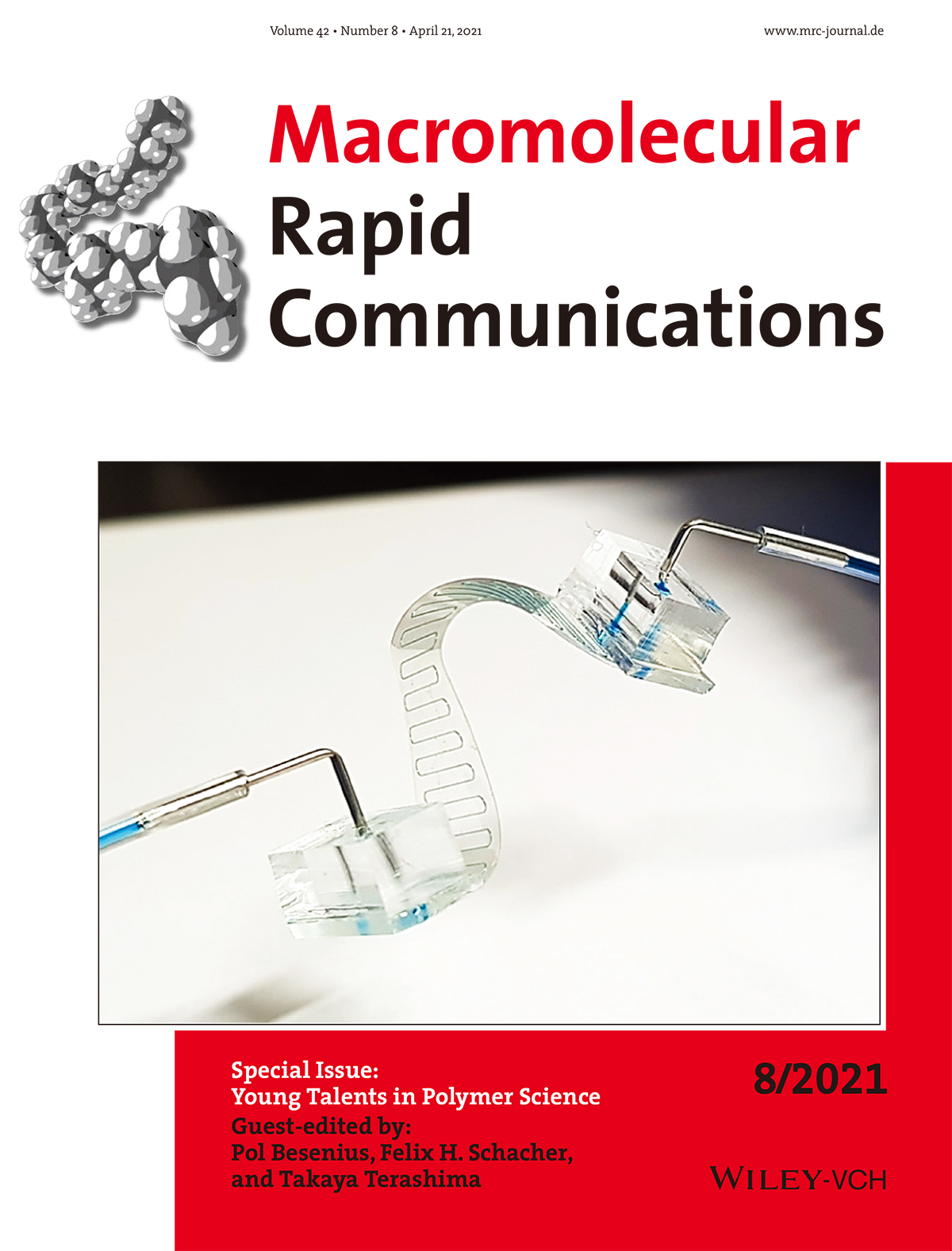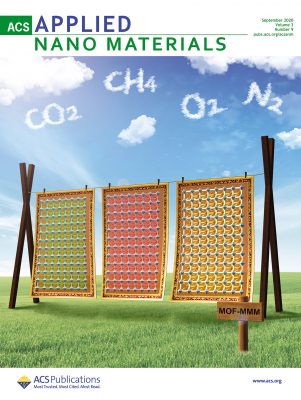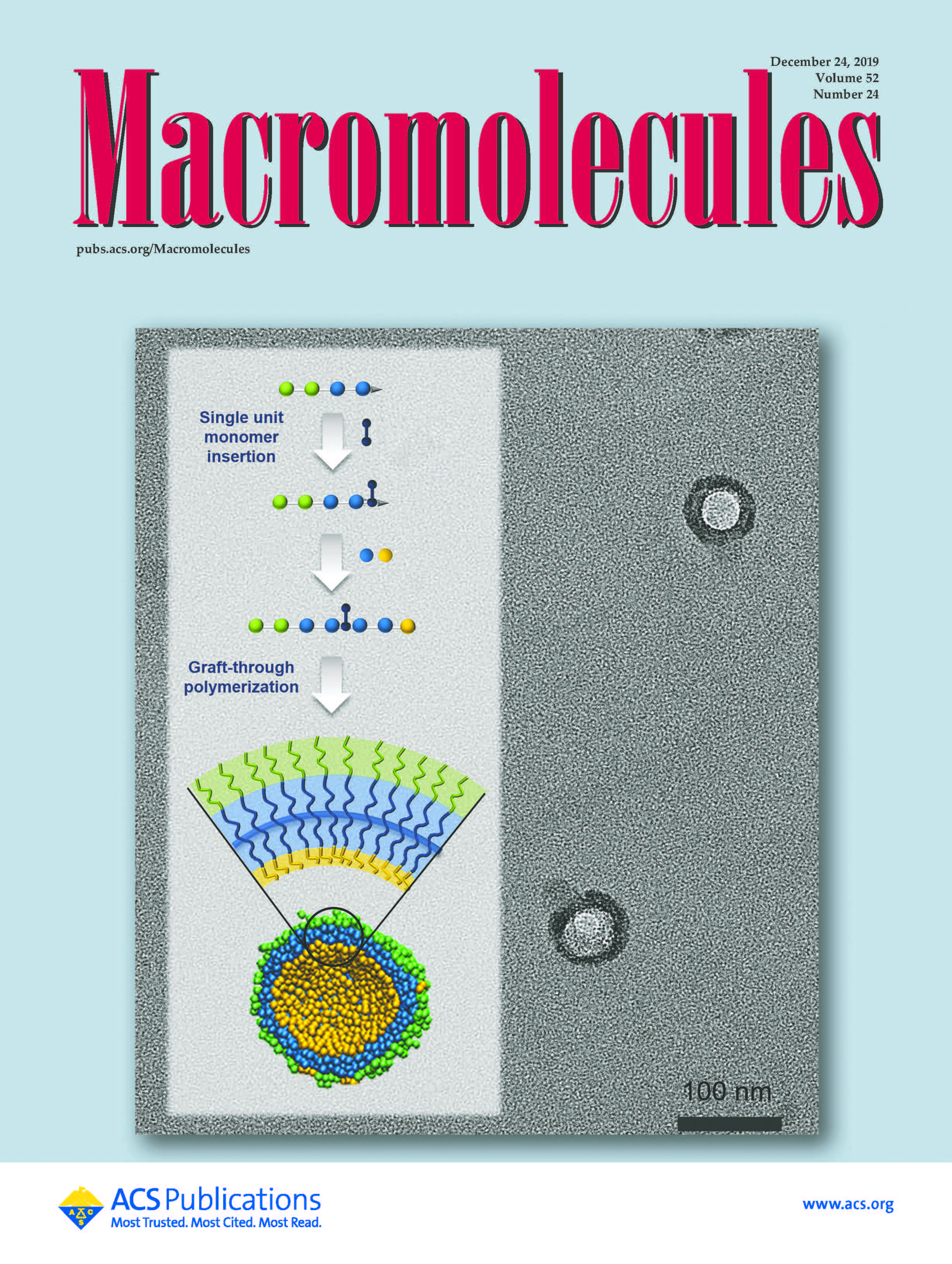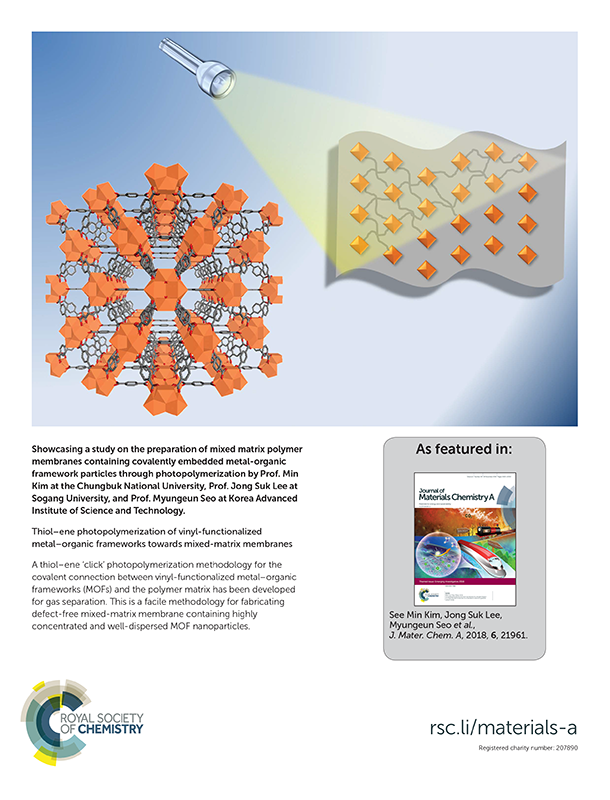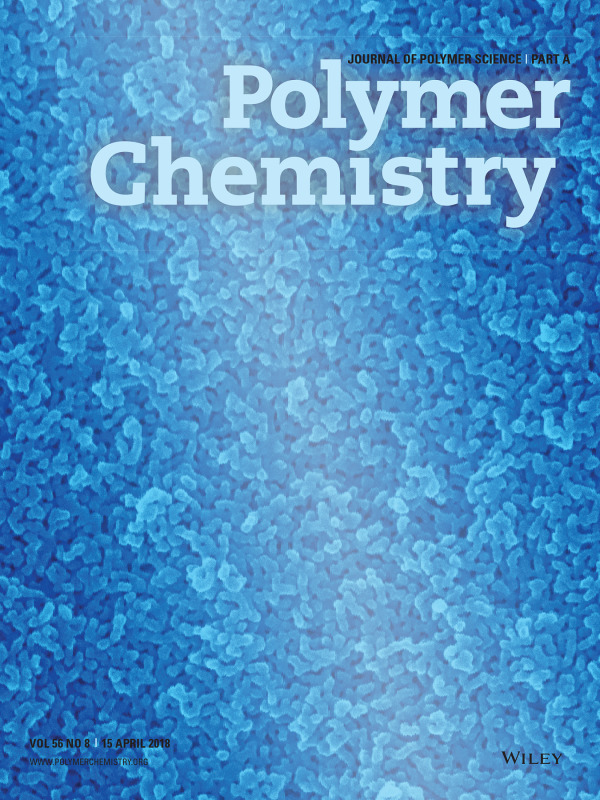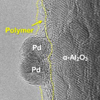2013 2014 2015 2016 2017 2018 2019 2020 2021 2022 2023 2024 2025
All types
Journal Articles Patents Periodicals
All authors
Ahn, Hyungju Ahn, Nam Young Ahn, Nam Young Lee, Jooyeon Yeo, Wonjune Park, Hyojin Nam, Jiyun Kim, Min Seo, Myungeun Ahn, Nam Young Kwon, Sangwoo Cho, Suchan Kang, Chanhyuk Jeon, Jiwon Lee, Won Bo Lee, Eunji Kim, YongJoo Seo, Myungeun Améduri, Bruno Bae, Seok-Hu Baek, Hoyong Bang, Joona Baruth, A Byun, Jinwoo Byun, Taejoon Cha, Hyojung Chang, Sukbok Cho, Dae Won Cho, Han‐Hee Choi, Chanyong Choi, Hojung Choi, Minkee Choi, Siyoung Q Choi, Yeonwoo Chong, Sanggyu Chung, Im Sik Damodar, Kongara Francis, Lorraine F Gómez-Pérez, Juan F Ha, Myeongjin Hahn, Jungseok Han, Joong Jin Heo, Jaewon Hillmyer, Marc A Hoang, Nhung T T Hwang, Honggu Hwang, Jun Ho Yoon, Junyeon Seo, Myungeun Patterson, Joseph P Lee, Eunji Hwang, Yoon-Ho Hyun, Kyunglim Jeon, Choongseop Jeon, Seok Woo Seo, Myungeun Kim, Ki Sun Lee, Jin Ho Lee, Jeonghyeon Jeong, Hae Kwon Jeong, Jinhyeok Shin, Minjoong Kang, Sung Min Seo, Myungeun Jeong, Rokam Jeong, Sehee Jeong, Yeolib Shin, Minjoong Seo, Myungeun Kim, Hyunwoo Jung, Dong Hoon Jung, In Hwan Jung, Young Jae Jung, Yunji Jung, Yunji Muniyappan, Boominathan Seo, Myungeun Kang, Dong-Chang Kang, Jun Su Kang, Jun Su Kim, Namhee Kim, Taehyung Seo, Myungeun Kim, Byeong-Su Kang, Jun Su Kang, Sungwoo Suh, Jong-Min Park, Soon Mo Yoon, Dong Ki Lim, Mi Hee Kim, Woo Youn Seo, Myungeun Kang, Woo Ram Kim, Baekmin Q Kim, Bomi Kim, Bumjoon J Kim, Byung Kwon Kim, Hae Young Hoang, Thi Tuyet Nhung Lee, Jung Eun Kim, Sang Youl Seo, Myungeun Lee, Jinhee Lee, Byongyong Kim, Byung-Kwon Kim, Byung‑Kwon Kim, Chun-Gon Kim, Dong Wook Kim, Dong-Pyo Kim, Donguk Kim, Duhwan Kim, Felix Sunjoo Kim, Hae-Young Kim, Hee-Tak Kim, Hyungjun Kim, Hyungwook Kim, Jeung Gon Kim, Jihan Kim, Jin Chul Kim, Jisung Kim, Jun-Sung Kim, Ki Hyun Nam, Jiyun Choi, Jinwoong Seo, Myungeun Bang, Joona Kim, KyuHan Kim, Kyunam Kim, Min Kim, Minjun Nam, Jiyun Kim, Jiseok Hwang, Hyunsik Seo, Myungeun Song, Hyunjoon Kim, Namhee Kang, Jun Su Jun, Taesuk Suh, Jong-Min Roh, Deok-Ho Park, Won-Woo Kwon, Oh-Hoon Kwon, Tae-Hyuk Ryu, Mi Hee LimDu Yeol Seo, Myungeun Kim, Byeong-Su Kim, Sang Ouk Kim, Sang Youl Kim, Seong Jong Kim, Seongwoo Kim, SeoYeun Seo, Myungeun Yu, Ji Woong Kim, YongJoo Kim, Shin-Hyun Kim, Soobin Kim, Sun Dal Kim, Sun-Jung Kim, Taehyoung Kim, Taehyoung Yoon, Jun Hyok Seo, Myungeun Kim, Sang Youl Kim, Woo Youn Kim, Woo Young Kim, Yeonjoon Kim, YongJoo Koh, Dong-Yeun Kong, Hoyoul Kónya, Zoltán Kukovecz, Ákos Kwak, Juhyoun Kwon, Hyuk Taek Kwon, Hyukyun Kwon, Sangwoo Nam, Jiyun Chung, Jae Wan Seo, Myungeun Lee, Won Bo Kim, YongJoo Lee, Byungyong Lee, Changyeon Lee, Daiheon Lee, Donghui Lee, Gil Yong Lee, Haeshin Lee, Hee Chul Lee, Hee-Seung Lee, Jeong Tae Lee, Jeonghyeon Lee, Jeonghyeon Seo, Myungeun Lee, Jinhee Lee, Jong Suk Lee, Jooyeon Lee, Jungeun Lee, Jungkyu K Lee, Keun Hyung Lee, Kyoungmun Lee, Hyun-Ro Kim, Young Hun Park, Jaemin Cho, Suchan Li, Sheng Seo, Myungeun Choi, Siyoung Q hyup Lee, Sang Lee, Sanghwa Lee, Sangmin Lee, Songhyun Lee, Suhyeon Lee, Yoon Sup Lee, Yunho and Leighton, C Lin, Chun Hao Lopez, Gérald Moll, David Moon, Hanul Moon, Seohyun Murphy, Christopher J Nam, Jiyun Nam, Jiyun Yoo, Changsu Seo, Myungeun Nam, Jiyun Kwon, Sangwoo Yu, Yong-Guen Seo, Ho-Bin Lee, Jae-Suk Lee, Won Bo Kim, YongJoo Seo, Myungeun Nguyen, Truc Ly Oh, Il-Kwon Oh, Jaehoon Oh, Jinyeong Oh, Taeseok Lee, Chang Jin So, Soonyong Seo, Myungeun Oh, Saewoong Oh, Taeseok Choi, Rak Hyeon Byon, Hye Ryung Seo, Myungeun Oh, Taeseok Jeon, Seong Jang Oh, Taeseok Cho, Suchan Yoo, Changsu Yeo, Wonjune Oh, Jinyeong Seo, Myungeun Park, Chan Eon Park, Changjun Park, Hyojin Park, Jaemin Nam, Jiyun Seo, Myungeun Li, Sheng Park, Jeyoung Park, Jinwon Han, Seongsoo Park, Hyeonjung Lee, Jaehong Cho, Suchan Seo, Myungeun Kim, Bumjoon J Park, Jongmin Park, Jongmin Park, Eunsook Choi, Siyoung Q Wu, Jingxian Park, Jihye Lee, Hyeonju Kim, Hyungjun Lee, Haeshin Seo, Myungeun Park, Jongmin Smith, Stefan J D Wood, Colin D Mulet, Xavier Seo, Myungeun Park, Sunghwan Querelle, Sarah Rácz, Viktória Roy, Abhishek Saba, Stacey A Sápi, András Satheeshkumar, Chinnadurai Satheeshkumar, Chinnadurai Jung, Bum-Joon Jang, Hansol Lee, Wonhee Seo, Myungeun Sebők, Dániel Seo, Howon Hong, Sujung Kim, Pilhan Seo, Myungeun Seo, Myungeun Seo, Myungeun Satheeshkumar, Chinnadurai Lee, Wonhee Jang, Hansol Jung, Bum-Joon Seo, Myungeun Jeon, Choongseop Chang, Sukbok Kim, Dong Wook Seo, Myungeun Oh, Jaehoon Hwang, Yoon-Ho Kim, Dong-Pyo Seo, Myungeun Park, Jongmin Park, Eunsook Lee, Haeshin Shankar, Arjun Shim, Hong-Ku Shin, Isaac Shin, Isaac Han, Kyu Hyo Cha, Seung Keun Kim, Sang Ouk Seo, Myungeun Shin, Minjoong Shin, Minjoong Kim, Hayeon Park, Geonhyeong Park, Jongmin Ahn, Hyungju Yoon, Dong Ki Lee, Eunji Seo, Myungeun Shin, Minjoong Park, Soon Mo Yoo, Jimin Lee, Ahjin Ahn, Hyungju Yoon, Dong Ki Seo, Myungeun Shin, Seonhee Shin, Seung-Jae Silvis, Craig Song, Sua Varga, Gábor Walster, Kern Yim, Byoung Tak Yoo, Changsu Seo, Myungeun Yoo, Seunghyup Yoon, Jieun Yoon, Joon Bo Yoon, Jun Hyok Kim, Taehyoung Seo, Myungeun Kim, Sang Youl Yoon, Young Rok You, Hoseon Youn, Donghwan Yu, Hyun Jung Yu, Ji Woong Yoo, Changsu Cho, Suchan Seo, Myungeun Kim, YongJoo
